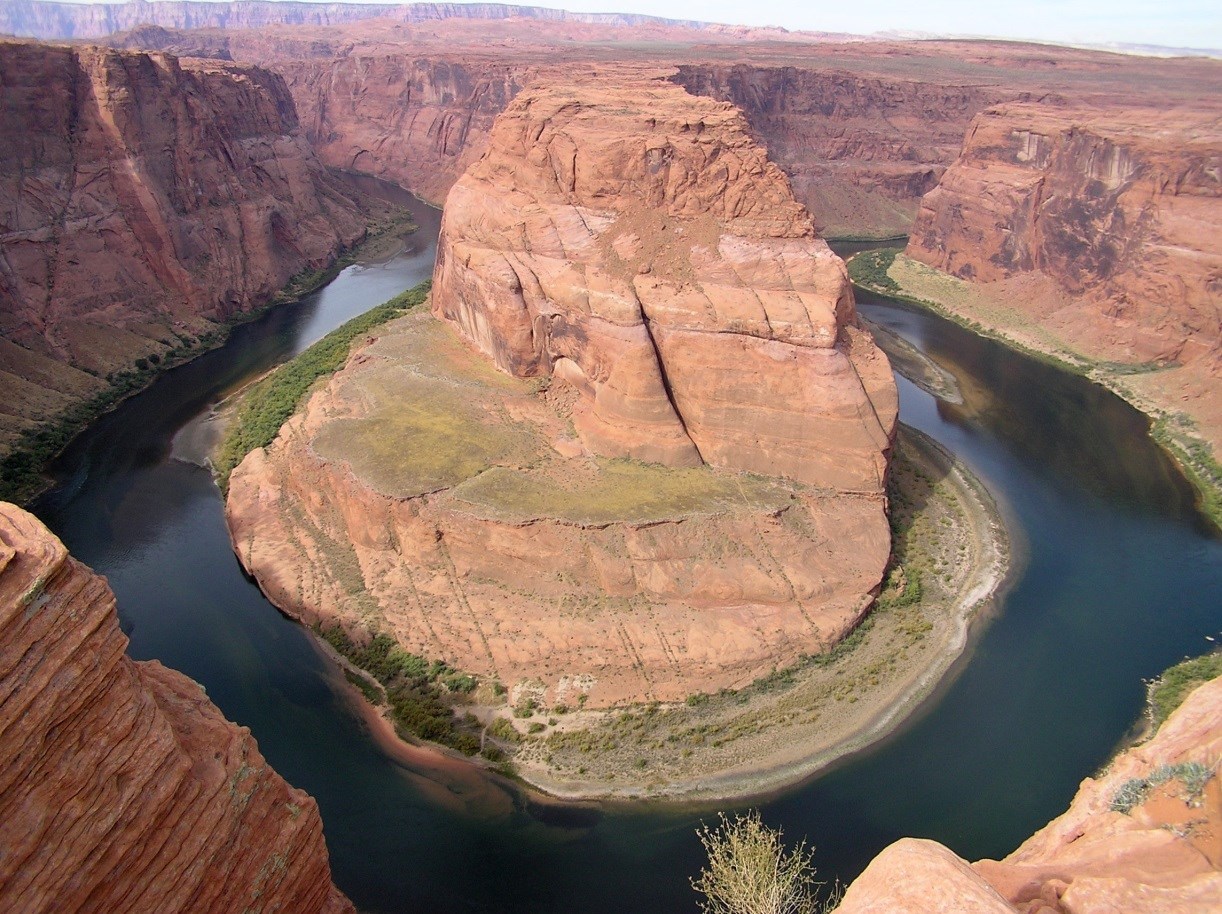Last updated: January 29, 2025
Article
Project Profile: Assess Climate Change Effects on Colorado River National Parks to Inform River Management Planning

NPS / Brett & Dawn Davis
Inflation Reduction Act
Resilience | FY24-25 $2,522,986
Climate change is rapidly impacting National Park Service (NPS) units on the Colorado River, necessitating proactive planning to safeguard vital resources. The Bureau of Reclamation (BOR) is initiating a planning process post-2026, which will reevaluate dam operations, directly impacting the rivers and reservoirs in multiple parks. To inform these decisions, NPS will quantify the impacts on priority park resources through Climate Change Vulnerability Assessments (CCVAs).
Why? The significance of the Colorado River as a harbinger of climate change impacts necessitates urgent action. Recent years have witnessed unprecedented declines in water flow, with projections indicating further reductions. NPS must understand the impacts to protect over 1000 miles of river and shoreline. Collaborating with USGS and university researchers, NPS will utilize finer-resolution modeling to quantify impacts on resources like water quality, vegetation, wildlife, and recreation. Failure to act could lead to permanent impairment of park units affecting extensive river corridors and shorelines.
What Else? This project is crucial for informing long-range planning decisions by NPS and BOR. Through CCVAs, different alternatives for mitigating impacts on natural riverine processes, air and water quality, wildlife habitats, and recreational opportunities can be assessed. Models will guide decisions on proactive flow regimes to protect resources and inform alternatives that minimize adverse impacts into the future.
